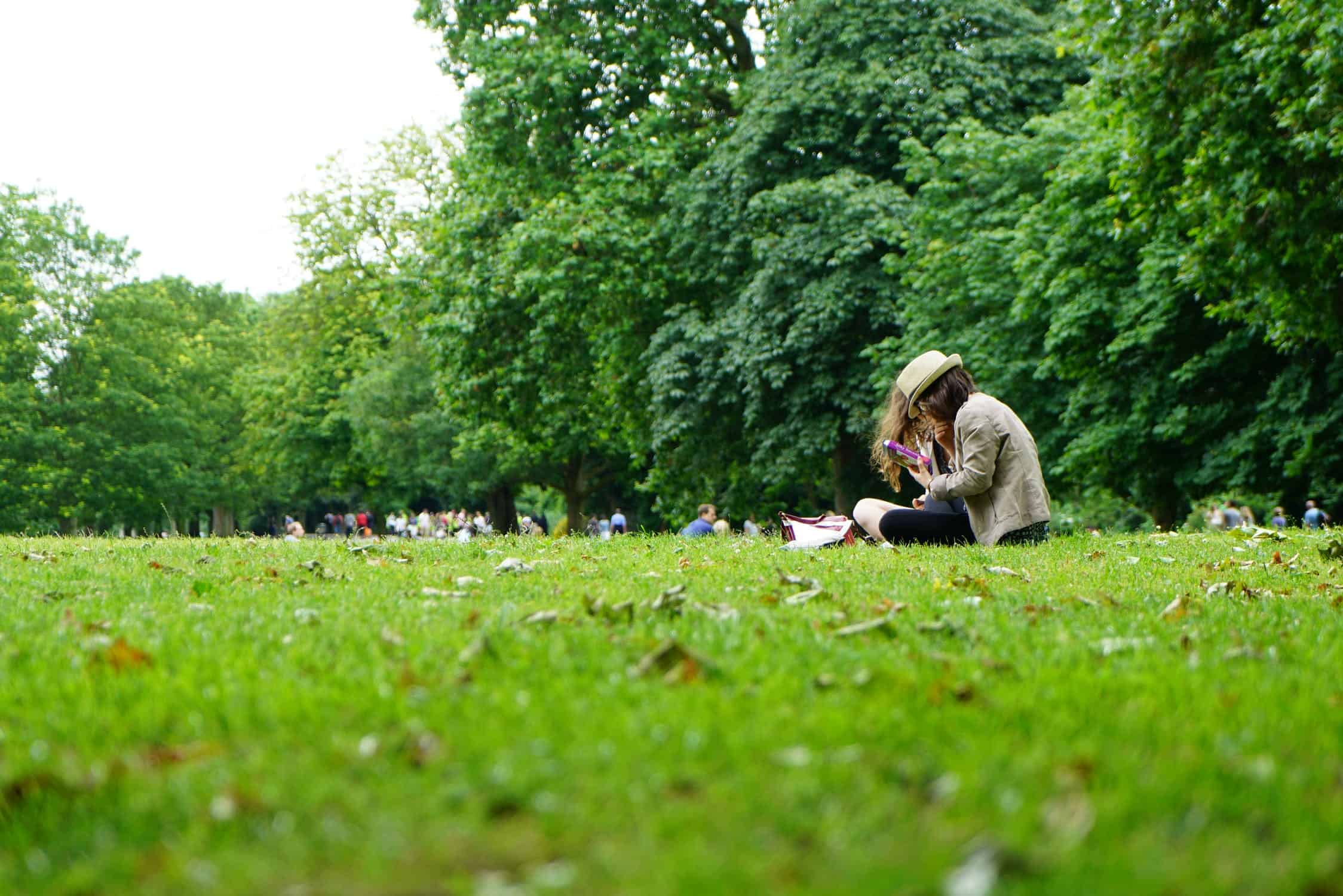Here’s how many complaints Mississauga has received about physical distancing violations
Published April 22, 2020 at 10:00 pm

Even though the city is issuing more tickets to those who knowingly violate the province’s Emergency Management and Civil Protection Act (EMCPA) in Mississauga, enforcement officers are still working to educate members of the public before fining them.
At an April 22 city council meeting, Sam Rogers, Director of Enforcement, Transportation and Works, and Raj Sheth, Director of Facilities and Property Management, provided an overview of the city’s enforcement process and gave council an update on how many tickets have been issued to date.
Enforcement of the province’s emergency orders–which currently prohibit gatherings of more than five people who do not already live together and the operation of non-essential businesses–began on March 31.
Since that day, officers have issued 56 tickets and received 1,296 complaints about residents violating physical distancing orders. Rogers told council that officers have stopped to educate and inform 18,356 people.
“We’re enforcing emergency orders and related public bylaws. We’ve had trouble educating people on laws versus health guidelines,” Rogers told council.
“Generally speaking, we don’t want residents to worry they’ll be ticketed every time they leave home.”
Rogers said that because rules have changed rapidly over the course of the pandemic, officer discretion is important. Rogers also said that the city has seen “exceptionally high levels of compliance.”
Rogers said that the city has over 50 officers and third-party guards in the field during patrols and that enforcement officers can lean on other partners–such as Peel Regional Police–for assistance when necessary.
Bylaw officers are also assisted by Peel Health Protection (bar and restaurant enforcement) and the school boards (school property patrols).
Rogers said the city employs a total of 182 officers who focus on city-owned parks and facilities (90 officers), enforcing emergency orders (41 officers) and responding to complaints about issues on private property (51 officers).
Of the 56 tickets issued, Rogers and Sheth said that 18 tickets have been issued to those using closed park amenities. Twelve tickets were issued to people operating non-essential businesses, three tickets were given to people involved in large gatherings, 19 tickets were issued for the littering of personal protective equipment and four were given for bylaw infractions related to parks.
Rogers and Sheth say the city has received 594 complaints about gatherings, 376 complaints about non-essential businesses continuing to operate and 354 complaints about issues relating to parks and city facilities.
Between April 17 and 19, security offers acted on 48 complaints and issued 10 tickets. Officers also turned 3,500 cars away from closed park parking lots (parks are still open) and “informed and educated” 6,500 people.
“We turned back thousands of cars and informed and educated thousands and thousands more,” said Sheth, adding that officers encouraged people to stay safe by staying home as much as possible.
According to Rogers, ticketing has increased over time and public complaints precipitated 80 per cent of ticket issuances. Incidents are more common on weekends, with most tickets being issued between 2:00 pm and 7:00 pm.
Going forward, bylaw officers expect an increase in violations as the weather gets warmer and people grow more tired of being asked to stay home. Rogers and Sheth also say that more reports and complaints will come in as people become more and more informed on physical distancing measures.
When asked what is legal and what is not, Sheth told council that while people can walk through closed parking lots to enter parks, they should not linger in the parking lots to play sports. He also said people can walk through open sports fields, but should not stop to play on them.
Crombie referred to a widely-publicized incident that recently occurred in Oakville and asked if city bylaw officers would also ticket a family for rollerblading in a closed parking lot.
“I don’t think our teams would have issued a ticket in that case,” Sheth said. “It’s a judgement call. Our position is to inform and educate first.”
INsauga's Editorial Standards and Policies


